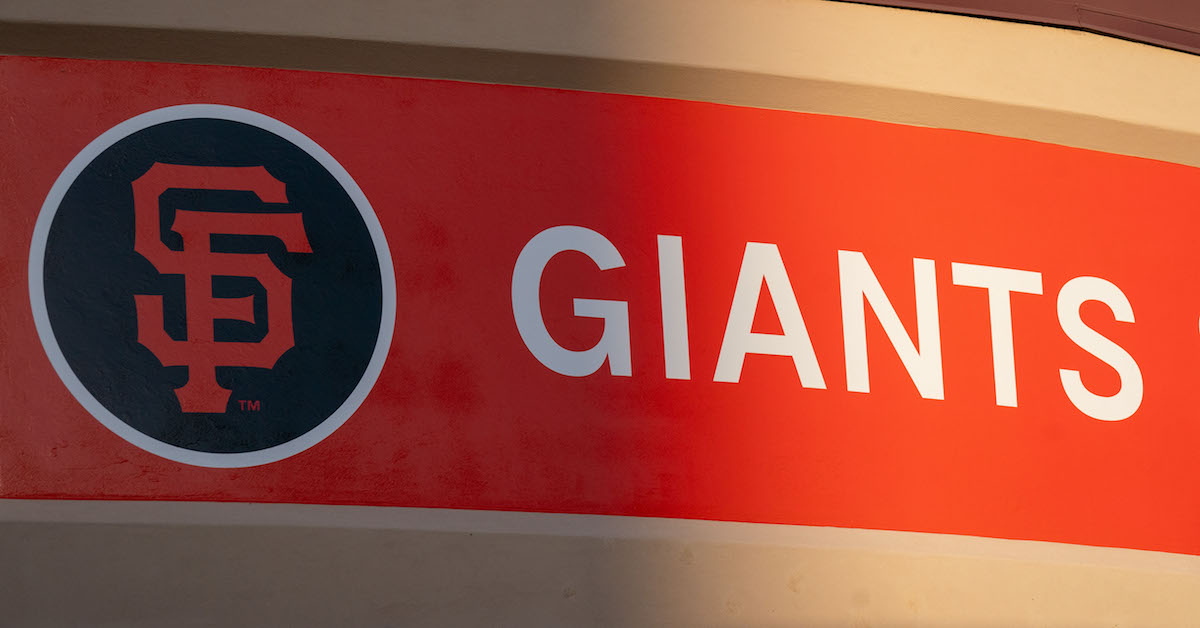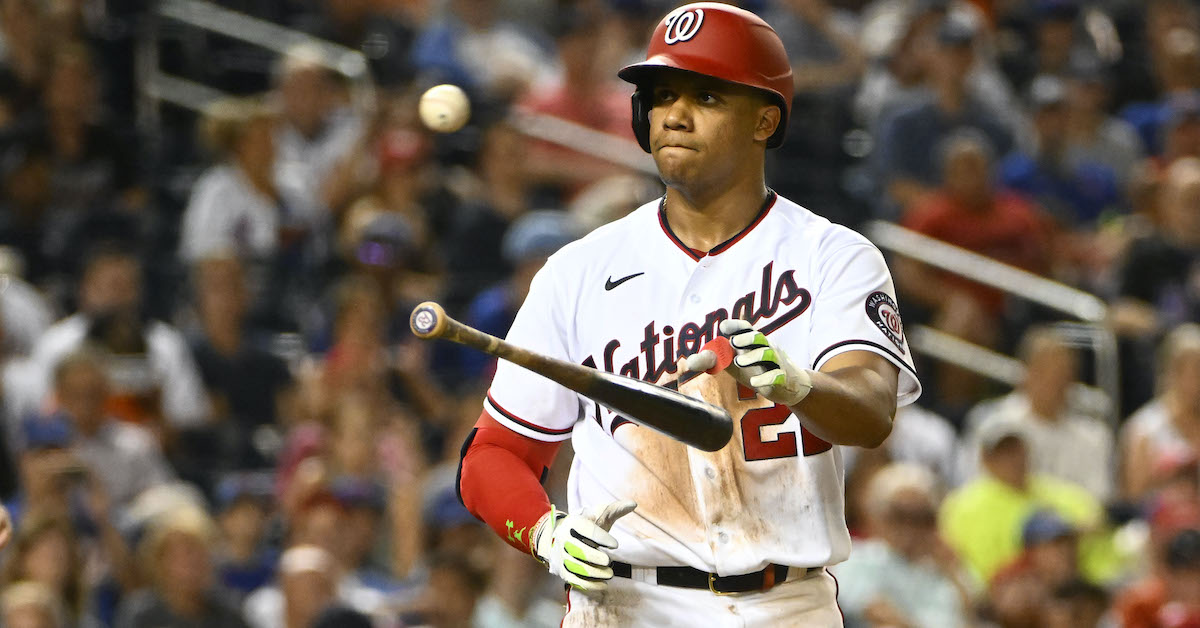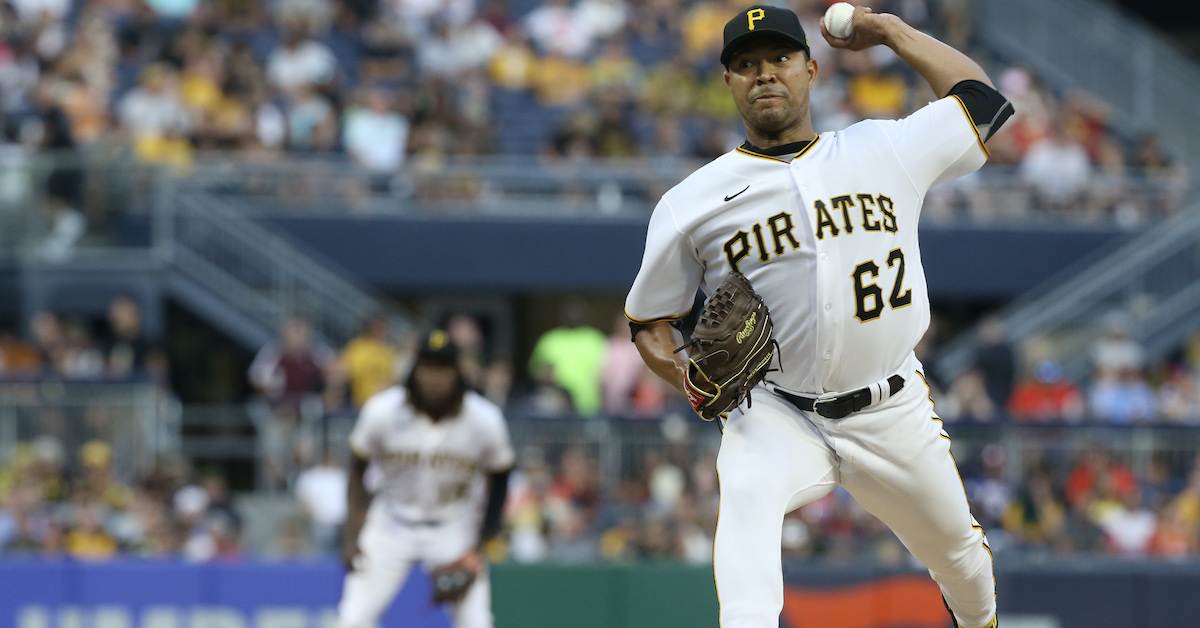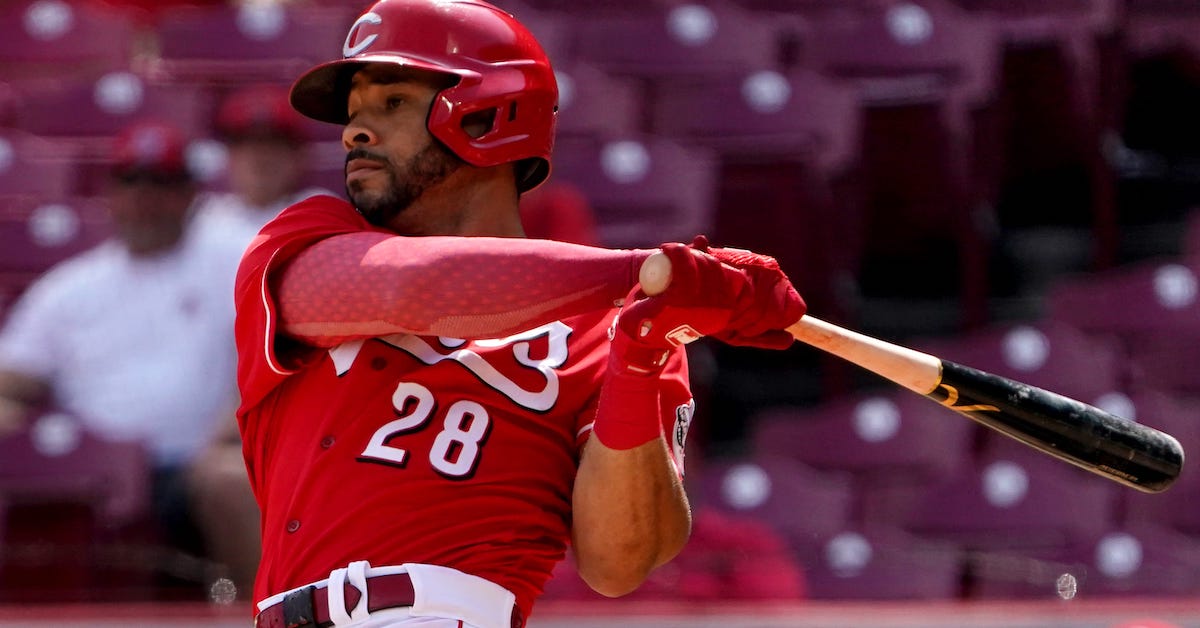Mets, Giants Swap DH Options With Trade of Darin Ruf for J.D. Davis

The Mets and Giants made a minor trade on Tuesday as the deadline approached, with first baseman/designated hitter Darin Ruf heading to New York in exchange for third baseman-ish/designated hitter J.D. Davis. Three minor league pitchers — Thomas Szapucki, Nick Zwack, and Carson Seymour — are joining Davis in San Francisco.
After thriving in a platoon role in 2020 and ’21, Ruf has struggled this year, hitting .216/.328/.378, though still with a robust .886 OPS against lefties. Davis has performed similarly, hitting .238/.324/.359, but without the beneficial platoon split. The two hitters involved in this trade are both right-handed DH-types who have broadly similar value on the surface, but there are differences in their two profiles that matter enough for teams on two very different 2022 trajectories to make this trade.
Ruf is the easier player to utilize, thanks to large platoon splits that Davis has not historically possessed. The Giants attempted to expand his role this season, giving him more starts against righties (34) than he had combined in 2020 and ’21 (24), and while his true platoon split is likely smaller than the 316 points of OPS it is this season, he’s definitely a player who needs to be used carefully when not possessing the handedness advantage. The Mets clearly value Ruf’s ability to be a top-notch accomplice to Daniel Vogelbach at DH, given that they’re sending some minor league extras along as sweetener.
| Year | BA | OBP | SLG | AB | R | H | 2B | 3B | HR | RBI | BB | SO | SB | OPS+ | DR | WAR |
|---|---|---|---|---|---|---|---|---|---|---|---|---|---|---|---|---|
| 2023 | .226 | .317 | .428 | 367 | 50 | 83 | 15 | 1 | 19 | 52 | 44 | 118 | 2 | 103 | 0 | 1.0 |
Zwack is a 2021 draftee having a good first full season in the minors. A low-90s sinker isn’t going to wow anyone these days, but he’s had enough success in A-ball that he’s worth checking in on to see if he can surpass that Double-A wall that can stymie lower-grade pitching prospects. Szapucki is a better-known name, spending the last two seasons in Triple-A and with two unfortunately unforgettable appearances in the majors so far. I’m not convinced that he won’t have a future as a fifth starter in the majors. One has to remember that, unlike in the majors, minor league offense has exploded rather than evaporated, so Szapucki’s decent performance in the high minors makes him worth a flyer. Seymour doesn’t get a lot of press in the scouting world, and while he’s got solid velocity — certainly better than Zwack or Szapucki — he lacks consistent secondary pitches. His debut has been very good, but I wouldn’t take it too seriously; 23-year-olds ought to be pitching quite well against A-ball hitters. Read the rest of this entry »









